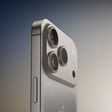For this week's giveaway, we're once again teaming up with ColorWare to offer MacRumors readers a chance to win a set of custom-painted third-generation AirPods, available in hundreds of unique color combinations.
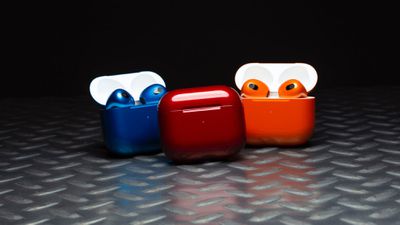
ColorWare is a customization company that's been offering custom painted devices, electronics, and accessories for many years. ColorWare provides unique painting options and skins for everything from consoles to iPhones to earbuds like the AirPods.
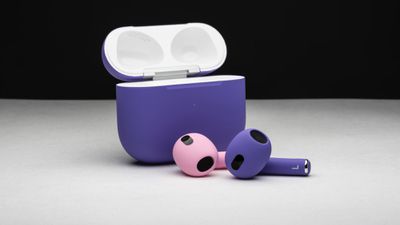
Custom-colored third-generation AirPods can be purchased from ColorWare for $319 for just the AirPods, or $369 for the AirPods and the Wireless Charging Case together. There's a premium price tag for ordering from ColorWare, but it's the only way to get AirPods in a color other than white because Apple doesn't offer alternate color options like black.
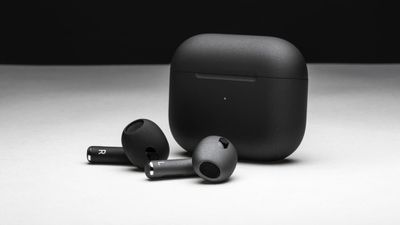
ColorWare offers both solid and metallic color options, with gloss and matte finishes to top it off. You can get the traditional black, gold, or silver colors to match Apple's devices, but there are also colors in every shade of the rainbow. If you want AirPods in yellow, orange, teal, green, deep purple, blue, pink, or one of dozens of other colors, ColorWare is the company to go with.

ColorWare even has an Illusion finish for the AirPods in multi-chrome colors that shift depending on the lighting in the room, and a holographic black glitter SuperNova version.

Each AirPod can be custom painted in the same color as the case or you can order the case and the earbuds all in different colors, so there are tons of color combinations to choose from.
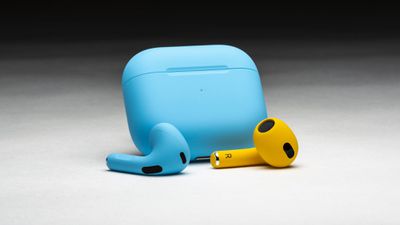
ColorWare has been offering custom painted devices since 1998, so the company has perfected the painting process. ColorWare uses a multi-step coating process that includes a primer, the application of a proprietary color formula, and an X2 liquid plastic coating that protects the color. The custom painting is guaranteed for 12 months or 24 months with the purchase of an additional warranty.
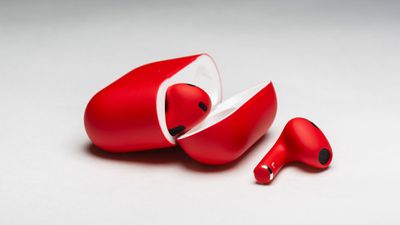
ColorWare uses standard AirPods from Apple and paints them, which leaves the full AirPods functionality intact. There's an H1 chip for quick and easy pairing, and spatial audio with dynamic head tracking, Adaptive EQ, and more.
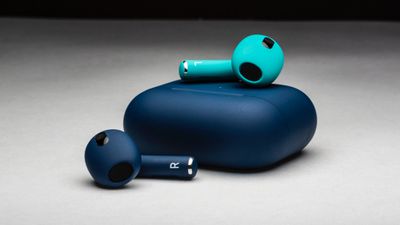
We have three sets of custom-painted third-generation AirPods and Wireless Charging case to give away, with each winner able to choose the color and finish of their choice. To enter to win, use the Gleam.io widget below and enter an email address. Email addresses will be used solely for contact purposes to reach the winners and send the prizes. You can earn additional entries by subscribing to our weekly newsletter, subscribing to our YouTube channel, following us on Twitter, following us on Instagram, or visiting the MacRumors Facebook page.
Due to the complexities of international laws regarding giveaways, only U.S. residents who are 18 years or older, UK residents who are 18 years or older, and Canadian residents (excluding Quebec) who have reached the age of majority in their province or territory are eligible to enter. All federal, state, provincial, and/or local taxes, fees, and surcharges are the sole responsibility of the prize winner. To offer feedback or get more information on the giveaway restrictions, please refer to our Site Feedback section, as that is where discussion of the rules will be redirected.
The contest will run from today (September 2) at 9:00 a.m. Pacific Time through 9:00 a.m. Pacific Time on September 9. The winners will be chosen randomly on September 9 and will be contacted by email. The winners will have 48 hours to respond and provide a shipping address before new winners are chosen.

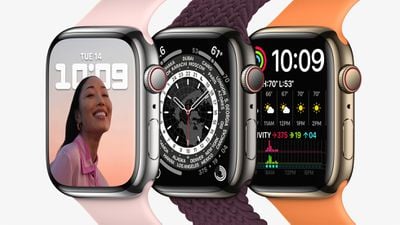
 Note: MacRumors is an affiliate partner with some of these vendors. When you click a link and make a purchase, we may receive a small payment, which helps us keep the site running.
Note: MacRumors is an affiliate partner with some of these vendors. When you click a link and make a purchase, we may receive a small payment, which helps us keep the site running.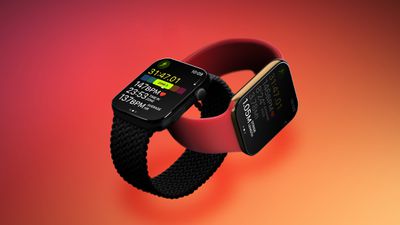

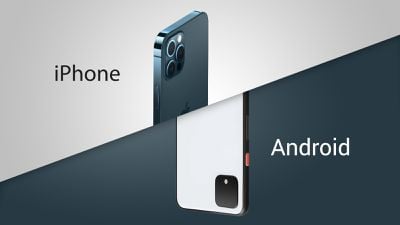

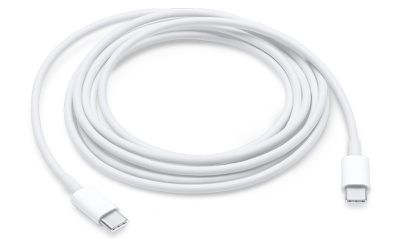
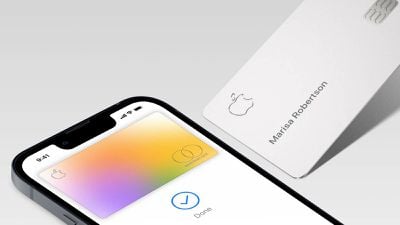
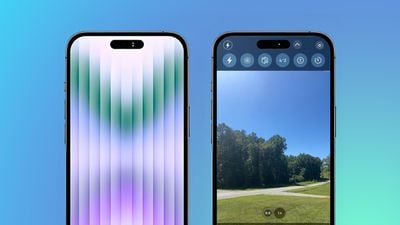
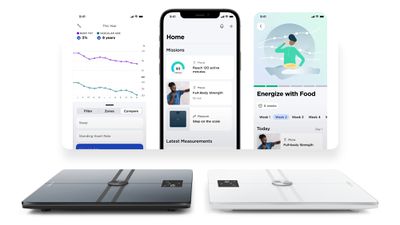
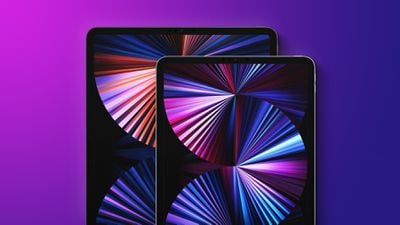
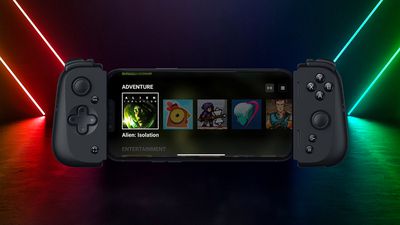
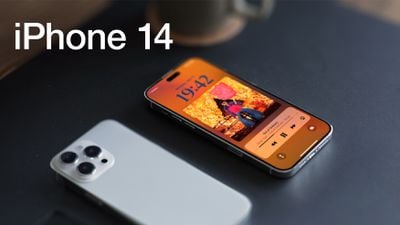
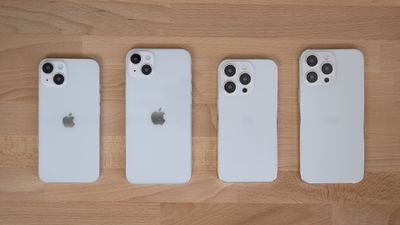
 Note: MacRumors is an affiliate partner with Amazon. When you click a link and make a purchase, we may receive a small payment, which helps us keep the site running.
Note: MacRumors is an affiliate partner with Amazon. When you click a link and make a purchase, we may receive a small payment, which helps us keep the site running.







